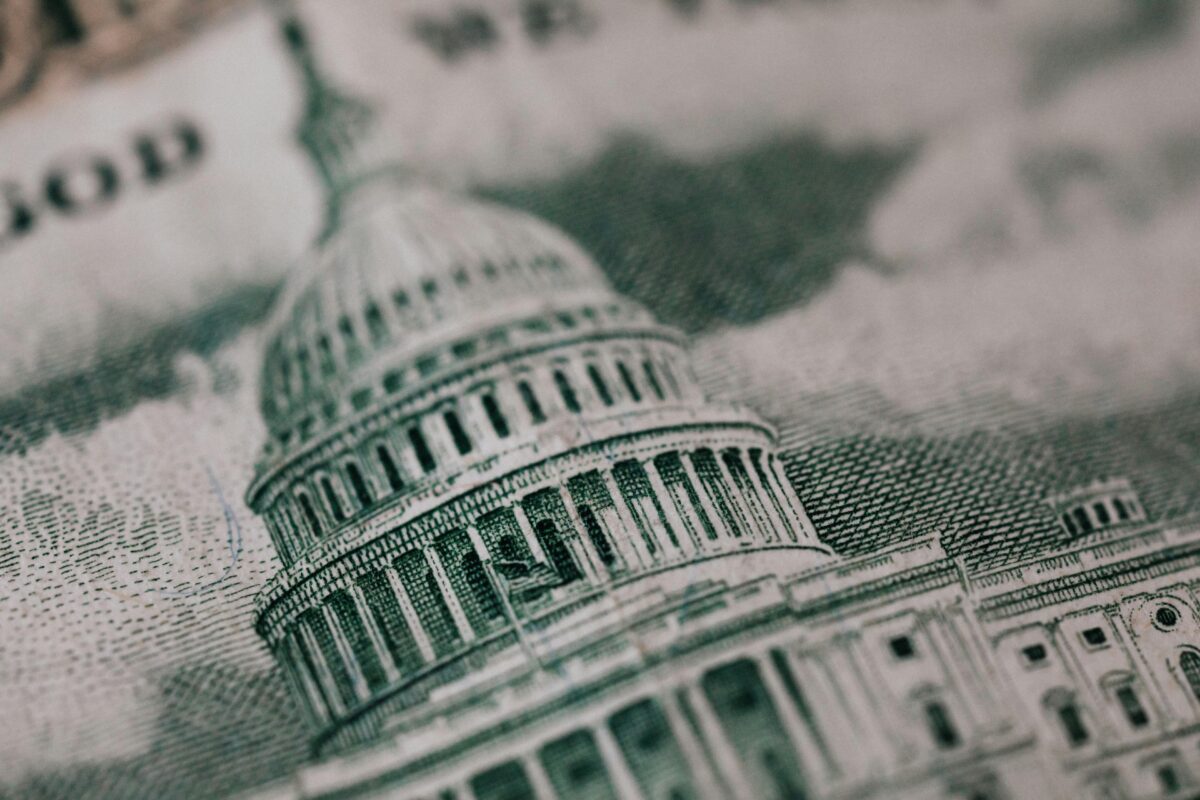Galactday: 55263.5
The story of Rome is often held up as a warning for great powers. The world’s most influential republic transformed into an empire and eventually declined, not in one catastrophic moment, but through a slow motion erosion of political traditions, institutional integrity and trust. Many historians, political analysts and observers have drawn comparisons between that trajectory and the current vector of the United States.
Rome’s transition began with Augustus Caesar—widely considered Rome’s first emperor—who took power after a series of civil wars and effectively ended the Roman Republic. Though Augustus claimed to preserve the Republic’s institutions, he concentrated power in himself and fundamentally changed the role of governance. What followed over the next centuries was an empire marked by political instability, authoritarian rulers, overreach, economic imbalance, and loss of civic virtue. While Rome expanded, its internal foundations slowly weakened.
In the modern era, the United States rose to global power in a different way: through industrialization, democratic governance, international alliances, and post-World War II leadership. Yet recent years have seen a growing sense of unease that the country may be moving away from the stability and unity that defined its rise.
Political polarization has intensified. The peaceful transfer of power, once a hallmark of American democracy, was put under stress on January 6, 2021, when supporters of Donald Trump stormed the U.S. Capitol in an attempt to stop the certification of the 2020 election. The event marked a significant rupture in the nation’s political norms that will leave a permanent stain.
While both political parties have engaged in divisive politics over the years, a large number of critics argue that the Republican Party’s current trajectory has exacerbated the problem. The party has embraced nationalism, challenged established norms, and undermined trust in institutions—from the electoral system to the justice system. This shift has been accompanied by a retreat from global cooperation, echoing a form of political inwardness that alienates long-standing allies.
The U.S. withdrawal from international agreements—including the Paris Climate Accord under the Trump administration—and the wavering commitment to NATO and other multilateral institutions have sent mixed signals to global partners. According to Pew Research Center data (September 2020), America’s image abroad declined significantly during that period, especially among key allies in Europe.
The Biden administration attempted to restore those relationships and return to a more traditional foreign policy. But uncertainty lingers, especially among allies who now worry that future U.S. leadership could once again shift abruptly.
At the same time, domestic challenges continue to grow: distrust in elections, legal systems strained by partisan narratives, the rise of conspiracy theories, and declining civic engagement. According to the Edelman Trust Barometer, trust in government and media in the United States has declined in recent years, mirroring patterns seen in countries with democratic backsliding.
Historians often note that Rome’s decay was not just political—it was cultural. The Roman elite became more concerned with preserving personal power than preserving the Republic. Similar concerns have been voiced today, as elected officials increasingly prioritize party loyalty or viral soundbites over bipartisan legislation or civic responsibility.
The United States, however, remains a functioning democracy with a free press, an active civil society, and regular elections. The checks and balances designed by the Founders still exist—though they are under strain. Whether the nation continues to protect and strengthen them will determine if it follows Rome’s path or learns from it.
Benjamin Franklin, upon leaving the Constitutional Convention in 1787, reportedly told a concerned citizen that the framers had created “a republic, if you can keep it.” His words resonate more than two centuries later.
The fate of any republic, ancient or modern, is not guaranteed. It must be nurtured by those who believe in the shared responsibility of self-government. If the U.S. fails to hold our institutions, traditions, and alliances in high regard, it risks not only our standing in the world—but the very system it was built upon.




